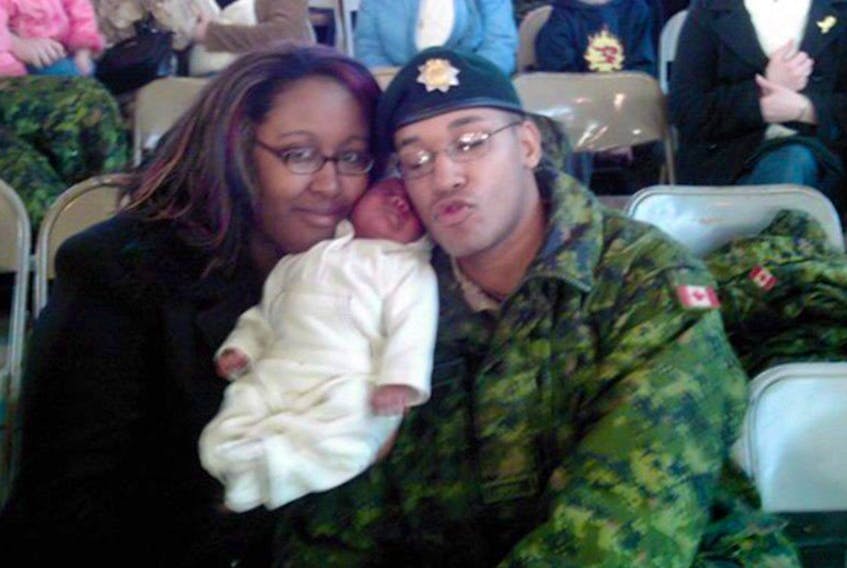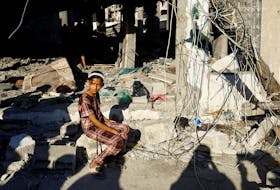Three generations of women were wiped out that night. And when they were all gone, the killer took his own life.
The Desmond inquiry — as gut-wrenching and as heartbreaking as it will be — will only touch the tip of the iceberg.
The inquiry aims to understand why Lionel Desmond — a veteran of the Afghanistan war — walked into his home on Jan. 3, 2017, and murdered his wife, Shanna, their 10-year-old daughter, Aaliyah, and his mother, Brenda, before killing himself.
We are now just in the preliminary phase, where the scope of the inquiry is being decided and who will participate is being determined. The official inquiry will start in September.
This murderous rampage happened 18 months after Desmond was released from the Canadian Armed Forces.
Three generations of women were wiped out that night. And when they were all gone, the killer took his own life.
The futility of this loss is unspeakable.
And now we face the unthinkable task of trying to figure it all out. What happened to this man in Afghanistan? What did he see and experience to so change him from that fun-loving fellow he was before he was deployed? And what happened when he was discharged from his military service?
We know that he suffered from post-traumatic stress disorder. That codification sounds so clinical and cold.
But it is devastating.
The tragedy of PTSD

These people see the human condition at its worst — murders, car crashes, house fires, the most horrifying deaths. They are trained to respond and do everything they can to save lives, find answers and solve crimes.
What would happen to any one of us if we experienced what he did in combat? In his darkness and in the throes of his PTSD, he shot his child, wife and mother. What made him do that? Not all those who suffer from this disorder do such things. The vast majority don’t.
We know he sought psychiatric treatment before he murdered his family.
His sister, Cassandra Desmond, wants the scope of this inquiry to go beyond her brother’s tragic circumstances. She wants to know what happens to other veterans of war and how they will be prepared for civilian life after their horrific experiences.
It takes courage for someone who is in the vortex of such tragedy to see beyond her own loss and into the circumstances of others.
The tragedy of PTSD goes so far beyond her brother and the family he murdered.
And this opens up further questions over what we ask first responders to do. Police officers. Firefighters. Paramedics. ER staff.
These people see the human condition at its worst — murders, car crashes, house fires, the most horrifying deaths. They are trained to respond and do everything they can to save lives, find answers and solve crimes.
But what happens when these people go home at night to their families and normal lives? How on Earth do they just fit back into everyday life with its normal little preoccupations when they are haunted by memories and visions of tragedy?
And then there are the traumas of people who are living through a war of fear and violence in their own homes. Day after day, night after night. We call this domestic violence and when it escalates, the police call it a domestic dispute.
How can we say that? Disputes occur when there is a conflict over who will take out the garbage or do the dishes. Why are horrific murders in the family home reduced to the status of a dispute?
PTSD is a serious consequence of war. But the scourge goes beyond military veterans. Trauma causes violence in so many other aspects of our lives, not just in wars overseas.
Cassandra Desmond is right. It’s not enough to limit our questions to her brother. This inquiry should be approached as a much bigger investigation into the tragedy of so many people who suffer from PTSD.
Nothing will ever give us peace or satisfaction when it comes to the Desmond tragedy. It will be painful to go through the details and relive the horrors this family went through. But this inquiry is a chance to deepen our understanding and to help organizations like the military deal with the consequences of PTSD.
RELATED:









